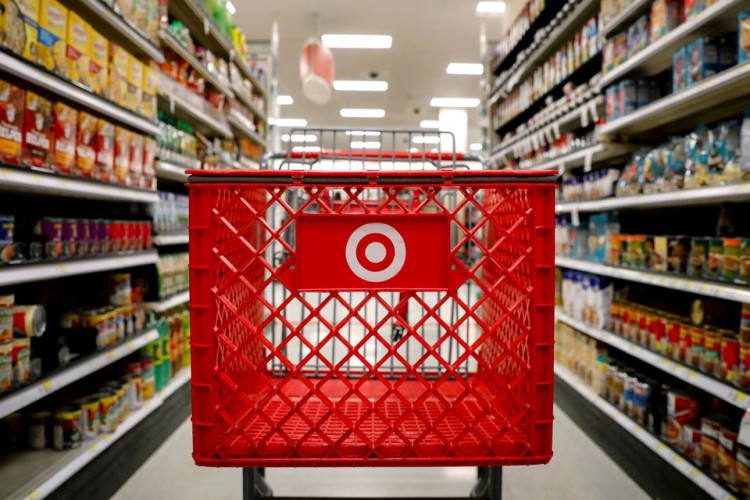Target Corp. announced Wednesday that longtime Chief Executive Brian Cornell will step down as the retailer faces declining sales and mounting competitive pressures. The transition marks the end of Cornell's 11-year tenure, during which he overhauled the chain's stores and expanded its e-commerce operations.
Cornell will become executive chairman on Feb. 1, while Michael Fiddelke, Target's chief operating officer and a 20-year company veteran, will take over as CEO. Fiddelke began his career at Target as an intern.
"I've seen how our business can perform when we're at our best, and therefore where we also have clear opportunities today to improve our performance, and we must improve," Fiddelke said on an earnings call. "I know we're not realizing our full potential right now, and so I'm stepping into the role with a clear and urgent commitment to build new momentum in the business and get back to profitable growth."
The announcement coincided with Target's second-quarter earnings report, which showed comparable sales down 1.9% from a year ago. Store sales fell 3.2%, while digital sales rose 4.3%. Shares of Target plunged more than 10% in pre-market trading, placing it among the worst performers in the S&P 500 this year.
Neil Saunders, an analyst at GlobalData Retail, argued that the board's choice of an internal candidate does little to change the company's trajectory. "This is an internal appointment that does not necessarily remedy the problems of entrenched groupthink and the inward-looking mindset that have plagued Target for years," Saunders said. "Target, which used to be very attuned to consumer demand, has lost its grip on delivering for the American shopper."
TD Cowen analyst Oliver Chen noted that "investor sentiment has been mixed as Fiddelke does have an impressive 20-year tenure at TGT but also no prior CEO experience."
Cornell, who took over in 2014, was widely credited with revitalizing Target during his early years. In 2018, the company reported its strongest results in a decade, and in 2019 CNN Business named him "CEO of the Year." Target's fortunes surged again during the pandemic as consumers stocked up on essentials and home goods.
But the momentum has since reversed. Target has struggled with excess inventory, declining demand for discretionary goods, and tariffs that hit its merchandise-heavy business harder than rivals. Bank of America analyst Robert Ohmes noted that Target imports roughly half of its merchandise compared with about a third at Walmart, meaning it must raise prices at nearly double the pace to offset tariff impacts.
The retailer has also weathered political and cultural controversies. Its retreat from long-standing diversity, equity and inclusion programs this year drew criticism from customers and even from members of the founding Dayton family, who called the decision "a betrayal." Meanwhile, backlash over LGBTQ-themed merchandise during Pride Month in 2023 led to threats against employees and forced product removals.
Despite the challenges, Fiddelke outlined new initiatives aimed at regaining shoppers' trust. He pledged to make Target stores more appealing, expand investments in technology, and focus on "Fun 101," a merchandising program designed to highlight trendy products in electronics and home goods.
"Target's long-term outlook is deteriorating," Ohmes said. "Target is falling behind peers and has tougher challenges."






